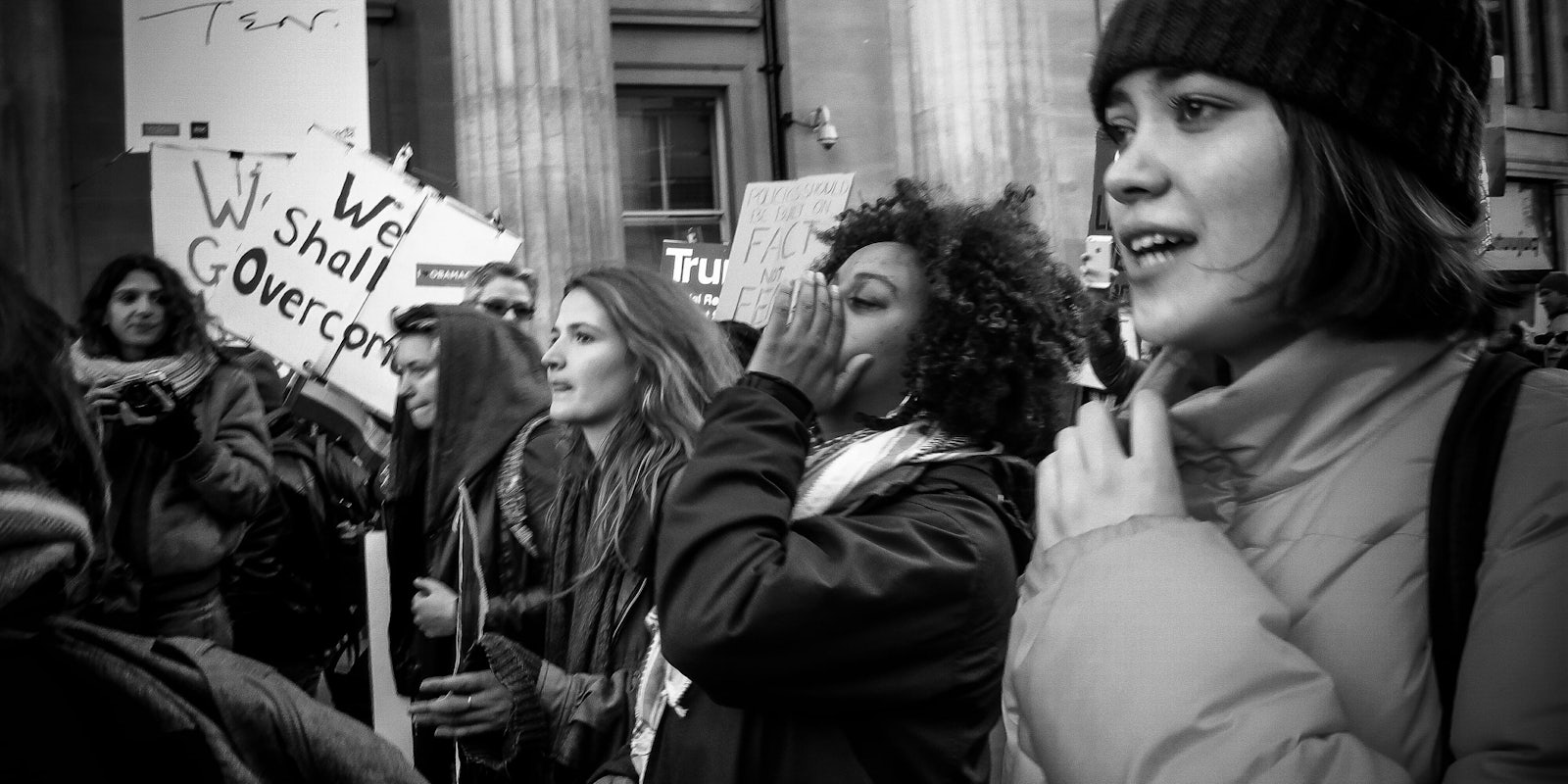More bad news for working women around the world: A new report from the World Economic Forum (WEF) reveals that it will now take 217 years to close the pay gap between men and women.
The figure comes from The Global Gender Gap Report 2017, an annual publication from the WEF detailing the world’s gender gap and its various statistics. Originally, the WEF argued that it would only take a modest 170 years to make wages equal between men and women, but it seems the gender pay gap’s lifespan is only growing.
The WEF also notes that it will take 100 years to close the general gender gap, which focuses on women’s access to economic possibilities, educational opportunities, political activism, and healthcare access. In other words, nearly every living women will be dead by the time gender equality has been realized. And their great, great grandkids will be, too, by the time the pay gap is closed.
“In 2017 we should not be seeing progress towards gender parity shift into reverse,” WEF education head Saadia Zahidi told The Guardian. “Gender equality is both a moral and economic imperative.”
Zahidi does note that some countries are taking gender equality seriously and are “seeing dividends” from doing so. Iceland currently has the smallest gender gap in the report, with 88 percent closed. Norway ranks second, while Finland is third.
In comparison, the U.S. ranks 49th, with only 72 percent of its gap closed. And that doesn’t account for the even greater gap experienced by women of color: White women make 77 cents on the dollar men make, while Black women make 64 cents and Hispanic women 56 cents on that same dollar. America is falling behind the United Kingdom, South Africa, Cuba, Poland, and Israel when it comes to gender equality.
Many fear the gender pay gap will only further widen during the Trump administration. Every industry is affected by the gap on some level, with, unsurprisingly, male-dominated fields more prone to the gap than ones with an even spread between men and women.


